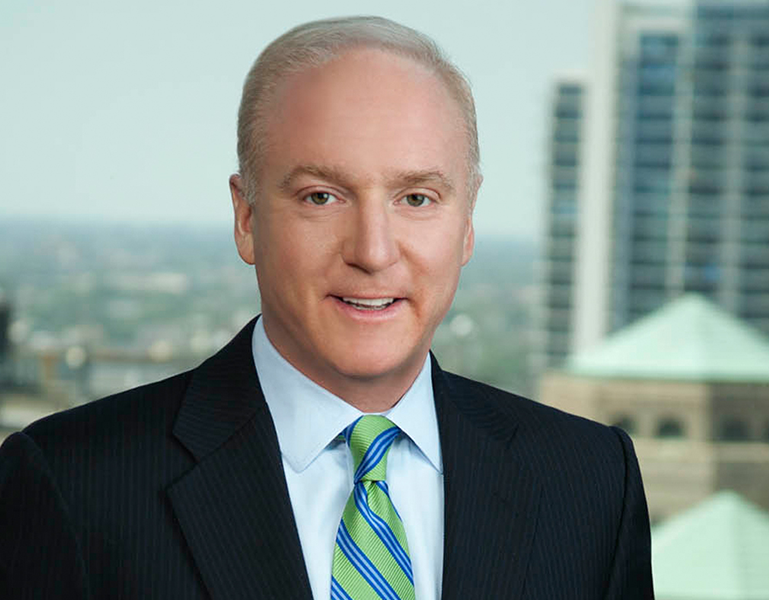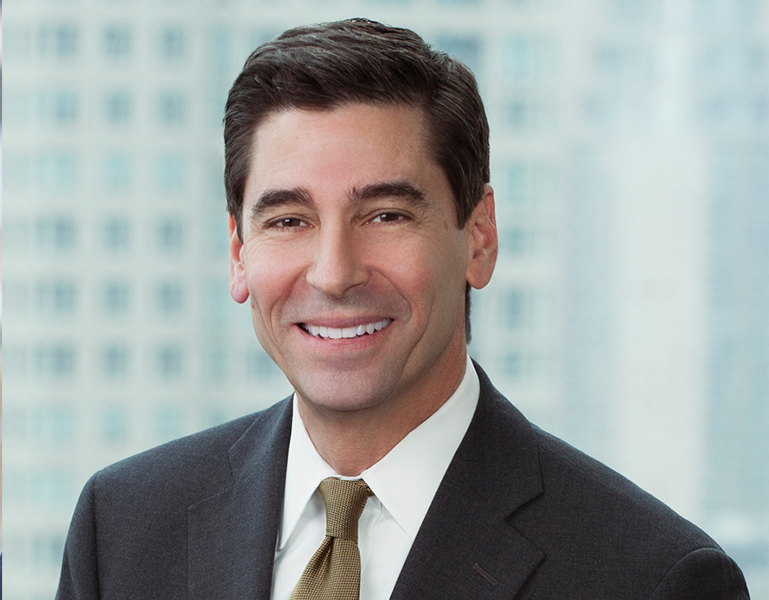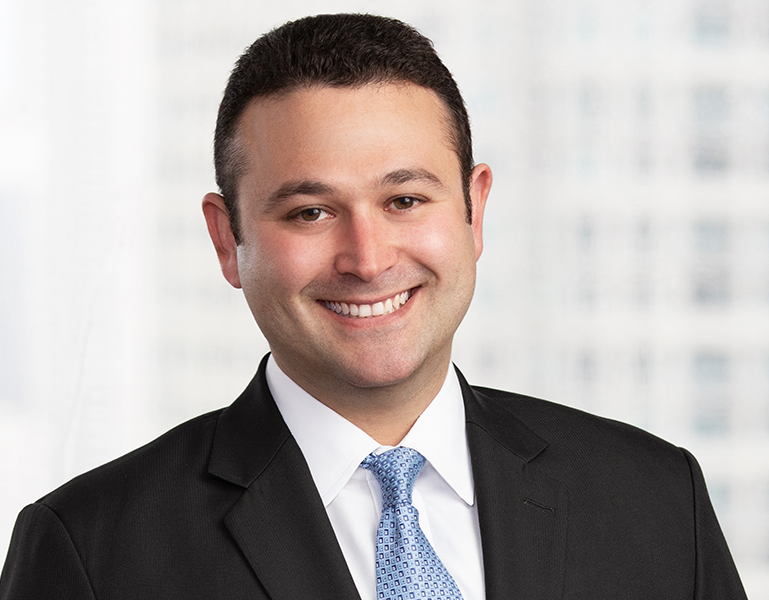The FTC Adopts Final Rule Banning Employee Non-Compete Agreements
On Tuesday, April 23, 2024, the Federal Trade Commission (“FTC”) voted 3-2 to adopt a Final Rule banning virtually all non-compete agreements between employers and employees. The Final Rule will not go into effect until 120 days after its publication in the Federal Register (the “Effective Date”), and its enforcement could be further delayed or barred by court challenge or Congressional intervention.
What Does the Final Rule Preclude?
The Final Rule bans new non-competes with all workers after the Effective Date. Specifically, the Final Rule provides that it is an unfair method of competition, and therefore a violation of Section 5 of the FTC Act, for employers to enter into non-competes with workers after the effective date.
The Final Rule applies retroactively in most cases, and employers must notify affected workers by the Effective Date that their non-compete restrictions are no longer in effect. However, the Final Rule does not retroactively invalidate non-compete restrictions entered into with senior executives prior to the effective date. “Senior executive” is defined as an employee earning more than $151,164 during the preceding year and who was or is employed in a policy-making position. A “policy-making position” is defined as an entity’s president, chief executive officer, or equivalent, any other officer (or someone similar) who has policy-making authority. The Final Rule does not provide further guidance and the term senior executive will likely be a frequently litigated issue in light of the facts and circumstances of a given case.
The Final Rule applies to “employees, independent contractors, externs, interns, volunteers, apprentices or sole proprietors who provided a service to a client or customer.” However, the FTC does not regulate banks, certain non-profit institutions or common carriers and therefore would not apply to non-competes entered into with employees of these entities or organizations.
Violations of the FTC Act are punishable by fines, penalties and other forms of injunctive relief, but the FTC Act does not provide employees with a private right of action.
What Forms of Non-Compete or Restrictive Covenants Remain Permissible?
The Final Rule does not ban non-competes entered into as a part of a “bona fide sale of a business,” including the sale of a business entity as a whole, an individual’s ownership interest in a business entity, or all or substantially all of a business entity’s operating assets.
The Final Rule further does not preclude other forms of contractual protection for confidential information, trade secrets or proprietary information such as:
- Invention assignment provisions;
- Narrowly tailored client and employee non-solicitation restrictions; and
- Narrowly tailored non-disclosure restrictions.
The main caveat here is that the Final Rule will not apply unless the provision is so broad or onerous (using a de facto test) that it has the same functional effect as a term or condition prohibiting or penalizing a worker from seeking or accepting other work or starting a business after their employment ends.
The Final Rule also does not ban reasonable garden leave agreements that provide that an employee remain on an employer’s payroll for a period of time after resigning from employment, and refrain from working for a competitor during the period of time that the employee remains on the payroll of the employer.
The Final Rule purports to supersede all individual state laws permitting non-compete agreements.
What to Expect Next?
Court Challenges: Less than 24 hours after the FTC voted to pass the Final Rule, the U.S. Chamber of Commerce filed a lawsuit in the Eastern District of Texas to enjoin the Rule from becoming effective. Among other relief, the Chamber is seeking a declaratory judgment that the Final Rule is outside of the FTC’s statutory authority and a permanent injunction barring the FTC from enforcing the Final Rule, as well as related fees and costs. The Chamber also claims that the FTC failed to consider alternative proposals, such as amending the Final Rule to apply only to new non-compete agreements going forward, and amending the Final Rule to exempt forfeiture‑for‑competition agreements or agreements that allow a worker to join a competitor upon payment of a reasonable liquidated damages amount. We expect even more lawsuits challenging the Final Rule.
Possible Congressional Intervention: Under the Congressional Review Act, Congress has 60 days after the Final Rule is published to override it. Congress cannot modify or amend the Final Rule.
What Should Employers or Executives Do Now?
Though the scope of the Final Rule is far reaching and will, if it eventually becomes effective, apply retroactively to most current non-competes, employers are encouraged to continue their current best practices with respect to entering into reasonable post-employment restrictions that are narrowly tailored to protect legitimate business interests.
If you have not recently updated your employee agreements containing provisions designed to protect your confidential information, trade secrets and customer information, now is the time to have them evaluated. In addition to steps taken at the federal level, more states are enacting statutes that attempt to narrow the scope of permissible post-employment restrictions.
Consider implementing additional strategies to protect human capital, confidential information, customer relationships and other intellectual property, including but not limited to identifying and protecting trade secrets, employee retention plans, and garden leave arrangements. Our Vedder Price attorneys in the Unfair Competition and Restrictive Covenants Subpractice Group are experts in advising on these strategies, that, in most employment circumstances, can render non-compete restrictions unnecessary.
If you are an executive considering a new employment position, have your existing employment and equity award agreements reviewed by counsel. Regardless of whether the Final Rule goes into effect, you could benefit from advice and guidance on whether your current post-employment restrictions are enforceable.
Contact your Vedder Price attorney with questions relating to the Final Rule and watch for more updates related to the effectuation of the Final Rule.
Vedder Thinking | Articles The FTC Adopts Final Rule Banning Employee Non-Compete Agreements
April 24, 2024
On Tuesday, April 23, 2024, the Federal Trade Commission (“FTC”) voted 3-2 to adopt a Final Rule banning virtually all non-compete agreements between employers and employees. The Final Rule will not go into effect until 120 days after its publication in the Federal Register (the “Effective Date”), and its enforcement could be further delayed or barred by court challenge or Congressional intervention.
What Does the Final Rule Preclude?
The Final Rule bans new non-competes with all workers after the Effective Date. Specifically, the Final Rule provides that it is an unfair method of competition, and therefore a violation of Section 5 of the FTC Act, for employers to enter into non-competes with workers after the effective date.
The Final Rule applies retroactively in most cases, and employers must notify affected workers by the Effective Date that their non-compete restrictions are no longer in effect. However, the Final Rule does not retroactively invalidate non-compete restrictions entered into with senior executives prior to the effective date. “Senior executive” is defined as an employee earning more than $151,164 during the preceding year and who was or is employed in a policy-making position. A “policy-making position” is defined as an entity’s president, chief executive officer, or equivalent, any other officer (or someone similar) who has policy-making authority. The Final Rule does not provide further guidance and the term senior executive will likely be a frequently litigated issue in light of the facts and circumstances of a given case.
The Final Rule applies to “employees, independent contractors, externs, interns, volunteers, apprentices or sole proprietors who provided a service to a client or customer.” However, the FTC does not regulate banks, certain non-profit institutions or common carriers and therefore would not apply to non-competes entered into with employees of these entities or organizations.
Violations of the FTC Act are punishable by fines, penalties and other forms of injunctive relief, but the FTC Act does not provide employees with a private right of action.
What Forms of Non-Compete or Restrictive Covenants Remain Permissible?
The Final Rule does not ban non-competes entered into as a part of a “bona fide sale of a business,” including the sale of a business entity as a whole, an individual’s ownership interest in a business entity, or all or substantially all of a business entity’s operating assets.
The Final Rule further does not preclude other forms of contractual protection for confidential information, trade secrets or proprietary information such as:
- Invention assignment provisions;
- Narrowly tailored client and employee non-solicitation restrictions; and
- Narrowly tailored non-disclosure restrictions.
The main caveat here is that the Final Rule will not apply unless the provision is so broad or onerous (using a de facto test) that it has the same functional effect as a term or condition prohibiting or penalizing a worker from seeking or accepting other work or starting a business after their employment ends.
The Final Rule also does not ban reasonable garden leave agreements that provide that an employee remain on an employer’s payroll for a period of time after resigning from employment, and refrain from working for a competitor during the period of time that the employee remains on the payroll of the employer.
The Final Rule purports to supersede all individual state laws permitting non-compete agreements.
What to Expect Next?
Court Challenges: Less than 24 hours after the FTC voted to pass the Final Rule, the U.S. Chamber of Commerce filed a lawsuit in the Eastern District of Texas to enjoin the Rule from becoming effective. Among other relief, the Chamber is seeking a declaratory judgment that the Final Rule is outside of the FTC’s statutory authority and a permanent injunction barring the FTC from enforcing the Final Rule, as well as related fees and costs. The Chamber also claims that the FTC failed to consider alternative proposals, such as amending the Final Rule to apply only to new non-compete agreements going forward, and amending the Final Rule to exempt forfeiture‑for‑competition agreements or agreements that allow a worker to join a competitor upon payment of a reasonable liquidated damages amount. We expect even more lawsuits challenging the Final Rule.
Possible Congressional Intervention: Under the Congressional Review Act, Congress has 60 days after the Final Rule is published to override it. Congress cannot modify or amend the Final Rule.
What Should Employers or Executives Do Now?
Though the scope of the Final Rule is far reaching and will, if it eventually becomes effective, apply retroactively to most current non-competes, employers are encouraged to continue their current best practices with respect to entering into reasonable post-employment restrictions that are narrowly tailored to protect legitimate business interests.
If you have not recently updated your employee agreements containing provisions designed to protect your confidential information, trade secrets and customer information, now is the time to have them evaluated. In addition to steps taken at the federal level, more states are enacting statutes that attempt to narrow the scope of permissible post-employment restrictions.
Consider implementing additional strategies to protect human capital, confidential information, customer relationships and other intellectual property, including but not limited to identifying and protecting trade secrets, employee retention plans, and garden leave arrangements. Our Vedder Price attorneys in the Unfair Competition and Restrictive Covenants Subpractice Group are experts in advising on these strategies, that, in most employment circumstances, can render non-compete restrictions unnecessary.
If you are an executive considering a new employment position, have your existing employment and equity award agreements reviewed by counsel. Regardless of whether the Final Rule goes into effect, you could benefit from advice and guidance on whether your current post-employment restrictions are enforceable.
Contact your Vedder Price attorney with questions relating to the Final Rule and watch for more updates related to the effectuation of the Final Rule.















